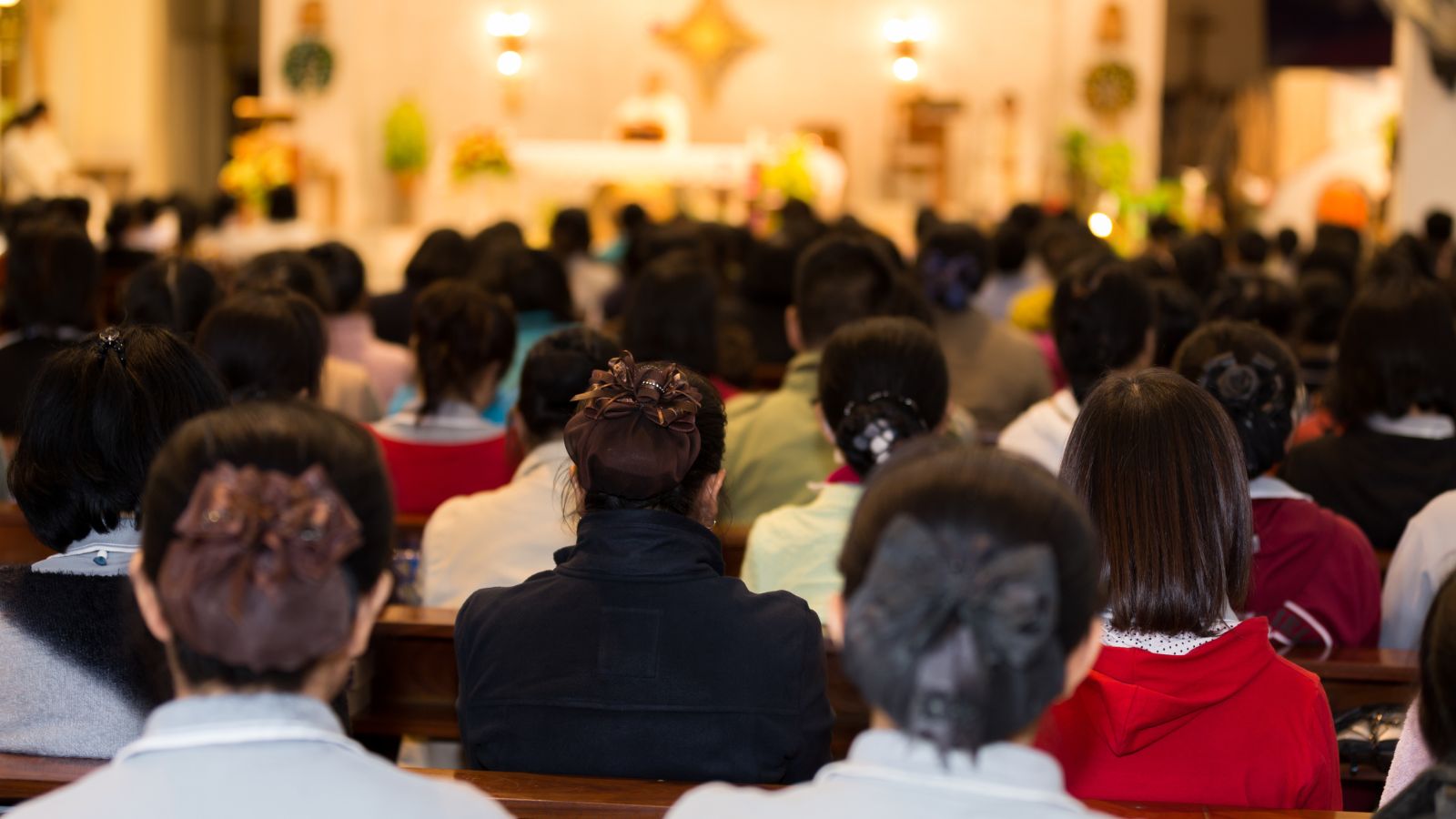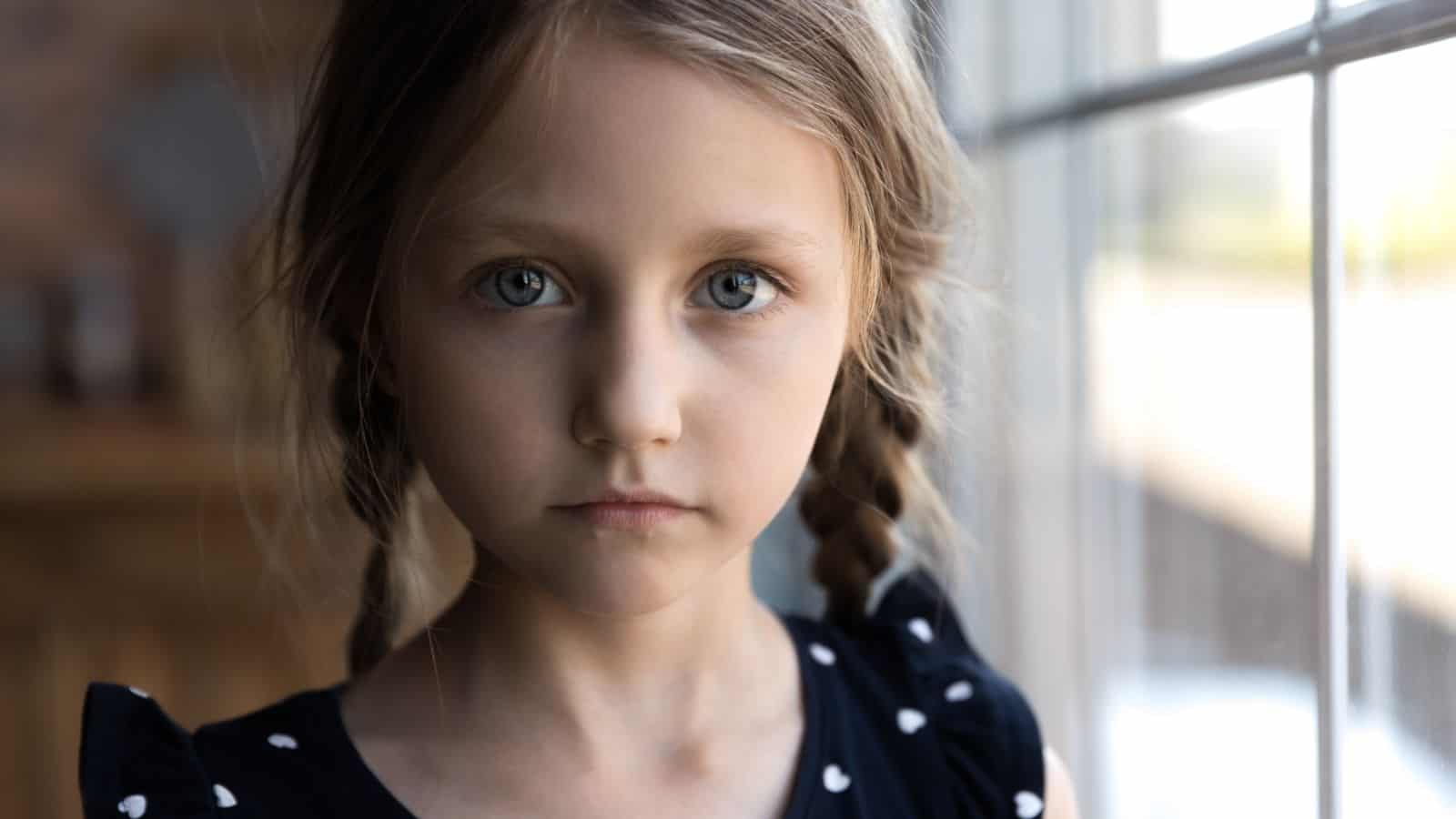There is no doubt that religion has its problems. However, it hasn’t always been known for its negative effects. For centuries, it was the strongest pillar of society. In this article, we look at 17 reasons why religion can be a good thing for society, even today.
Promotes Ethical Values

Religions often advocate for high moral standards, encouraging people to act ethically. Almost all religions teach moral principles like honesty, kindness, generosity, and patience. Some go as far as saying that those who don’t follow these principles will be punished in this life or the next.
Strengthens Community Bonds

Religious communities create strong social ties and create a sense of togetherness. For many years, religion was a major form of identity that would strengthen community among people who belonged to the same religious institutions. This may explain why research shows that people who go to church live longer.
Supports Individuals During Hard Times

Religion can be a great pillar of support, offering solace and help in life’s difficult moments. Some churches even offer counseling and guidance for people going through hard times. Not to mention, the strong community one develops with other believers can be of great help.
Encourages Charitable Giving and Volunteering

Many religions emphasize the importance of helping those who are less fortunate. Discussed beyond financial giving, it also includes giving time, energy, and support. Every year, U.S. churches collect about $74.5 billion, which is used for many development projects such as schools, hospitals, and more.
Encourages Peace and Reconciliation

Religion can play a key role in promoting peace and resolving conflicts. For example, Christianity encourages forgiveness even for people who might not necessarily deserve it. If this mentality is encouraged in society, it can result in a more peaceful way of living where we don’t hold the past over each other.
Enhances Individual Well-being

Religious beliefs and practices can contribute significantly to personal well-being. Having faith keeps us going, even in times of desperate need. In addition to faith, practices like meditation and prayer, which benefit mental health, are also encouraged by religion. Many people say that religious practices in Buddhism have helped them through life’s toughest moments.
Influences Positive Societal Norms

In general, religion encourages us to be better people. A good example of this is the Ten Commandments of Christianity. If we all followed these commandments, there would be a significant reduction in how many crimes were committed. Some countries even use religious laws as constitutional laws.
Encourages Respect for the Environment

Religion teaches people to care for the earth. It tells us to live in a way that doesn’t harm the environment and its resources. Many religious groups even participate in activities that protect our planet because they believe it’s their duty to look after the earth.
Promotes Family and Marital Stability

Religious teachings support strong family bonds and marriages. They teach the importance of staying committed to each other. Religion also encourages parents to raise their children with good values and gives advice on how to solve family problems. This helps keep families together and strong.
Supports Education and Literacy

For a long time, religion has played a big part in education. It has started many schools and promotes learning and good behavior. Religion also includes teaching right from wrong in school lessons. These efforts have helped many people learn not only school subjects but also how to be good people.
Enhances Cultural Identity and Diversity

Religion keeps old traditions alive and brings people of different backgrounds together to celebrate important religious events. These activities help everyone appreciate where they come from and the different ways people live. It makes our world more interesting to live in, despite our differences.
Provides Ethical Guidance in Business

In business, religion promotes being honest and making good choices. It teaches leaders to care about doing what’s right for their customers and employees. For example, Islam encourages honesty in business and even discourages charging high prices to customers in need.
Encourages Personal Responsibility and Discipline

Religion often encourages individuals to live disciplined lives and take responsibility for their actions. It teaches them to control themselves and live an honest life. By following religious teachings, people learn to be better and do what is right. This way, everyone can do their part in being a productive member of society.
Nurtures Artistic and Architectural Achievements

Religion has inspired beautiful art and buildings throughout history. It has made artists create wonderful paintings, music, and stories. Many famous buildings were built for religious reasons. For example, the Notre Dame Cathedral in Paris is a masterpiece of Gothic architecture, created from the religious devotion of the medieval period.
Facilitates Healing and Personal Transformation

Religion can help people heal from within and change for the better. It has special ways and practices that help heal the mind and spirit. For those struggling with addiction or hurt from bad experiences, religion offers support and a path to recovery.
Encourages Dialogue and Understanding Among Different Faiths

Modern religion also encourages people to talk and understand each other, even if they come from different faiths. It organizes events where people of various religions can meet, share, and learn from each other. A great example of this is interfaith dialogue initiatives like the Parliament of the World’s Religions, where leaders and followers of different faiths come together to discuss and address global issues, promoting peace and understanding.
Influences Positive Social Change

Religious beliefs have often been the catalyst for transformative social change. Mother Teresa, for example, called for the fair treatment of people, no matter where they came from. To this day, her teachings are remembered for championing the cause of uplifting those who are marginalized and oppressed.
Read More: Why People Aren’t Religious Anymore: 15 Simple Reasons

As society evolves, so does our approach to spirituality. This article looks at the subtle yet profound shift from traditional religious adherence to a more personal, evidence-based belief system.
Why People Aren’t Religious Anymore: 15 Simple Reasons
17 American Attractions That Not Even Americans Want to Visit

The United States of America—land of the free, home of the brave, and the location of some of the most ‘unique’ tourist attractions you’ll ever lay eyes on.
Get ready to chuckle, scratch your head, and maybe even facepalm as we look at 17 American attractions that not even Americans think are worth visiting.
17 American Attractions That Not Even Americans Want to Visit
17 Fairy Tales That Are Now Considered Racist

While fairy tales weave magical narratives that span generations, many emerge from historical and cultural contexts tinged with biases. Hiding in many of these tales, racial undertones can be found. Let’s look at 17 fairy tales that have deeper implications.
17 Fairy Tales That Are Now Considered Racist
18 Common Traits Found in Adults Who Had Unhappy Childhoods

Being a parent is a hard job, so even those who are truly trying their best will often miss the mark on creating the best environment for their children. Unfortunately, this means that many of us grow up with far-from-perfect childhoods that affect us into adulthood. Here are 18 common traits found in adults who had unhappy childhoods.
18 Common Traits Found in Adults Who Had Unhappy Childhoods
18 Things Old People Just Can’t Get On Board with Today

Over the past few decades, society has evolved, and with it, so have a few things that older generations find it uncomfortable to get the hang of. While younger generations are easily able to adapt to these changes, some of which are drastic, others may be struggling slightly. Here are 18 things the elderly may have difficulty learning.

